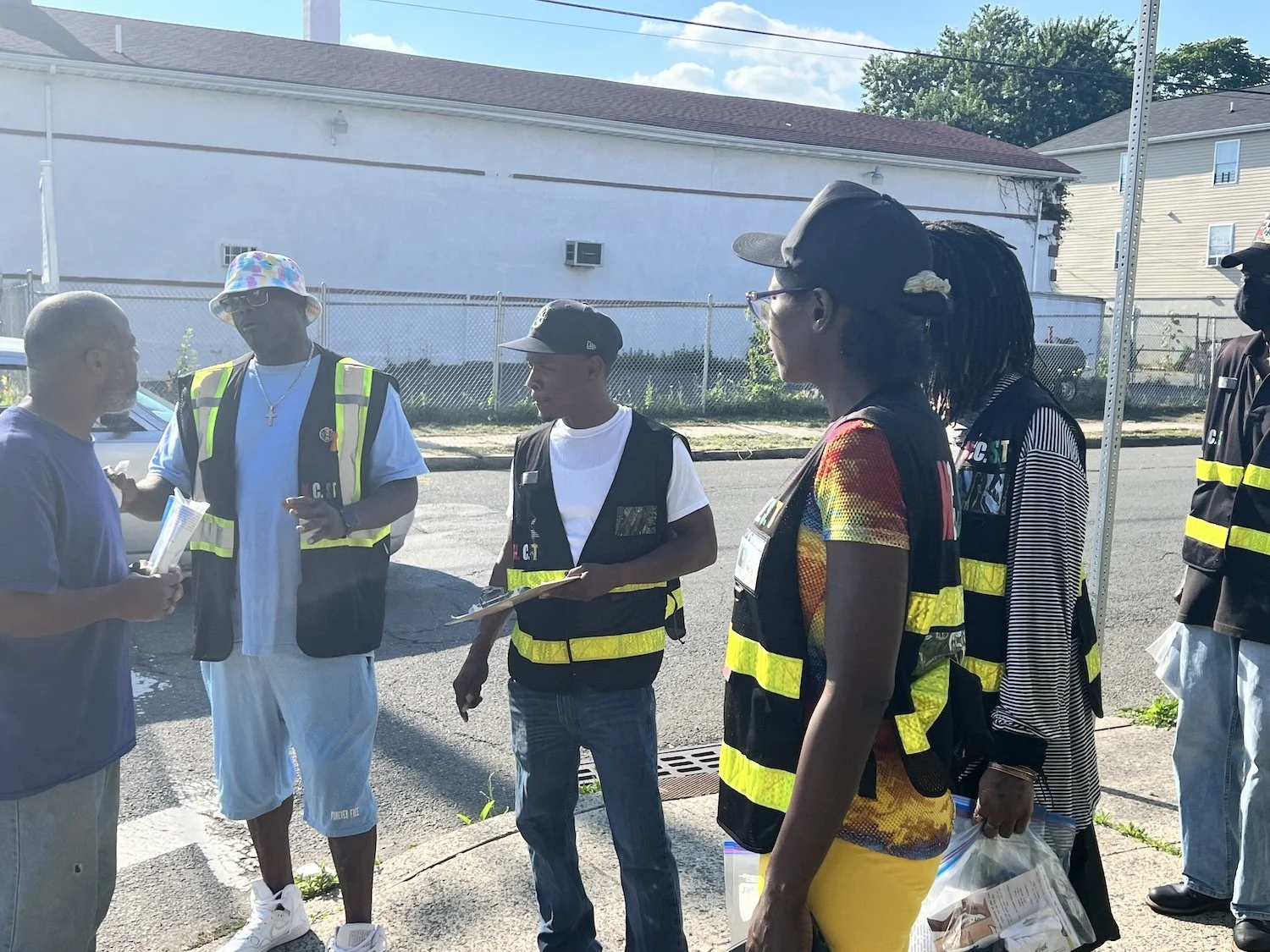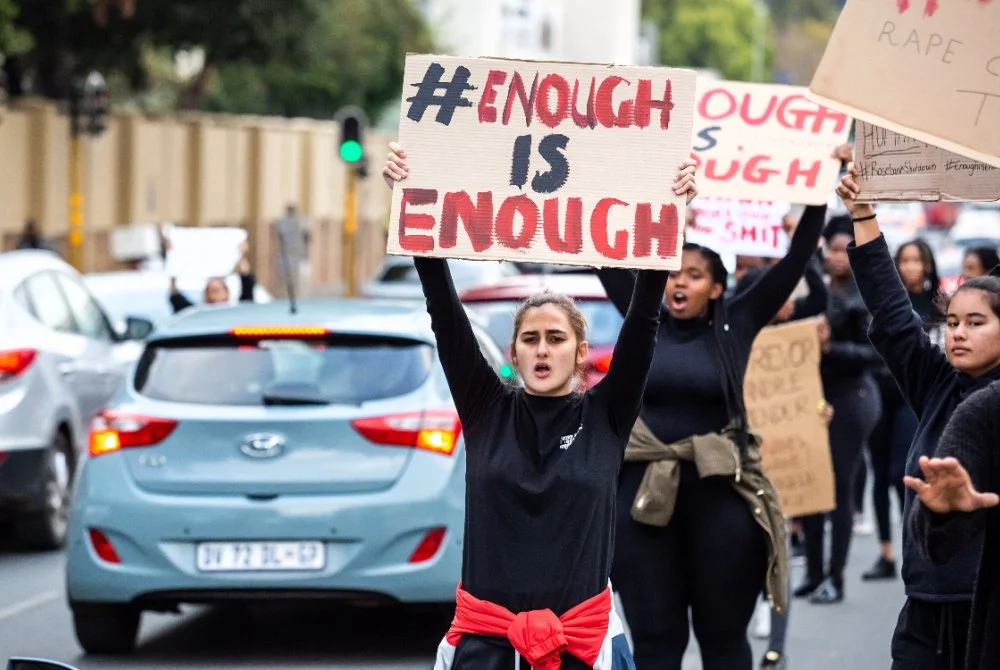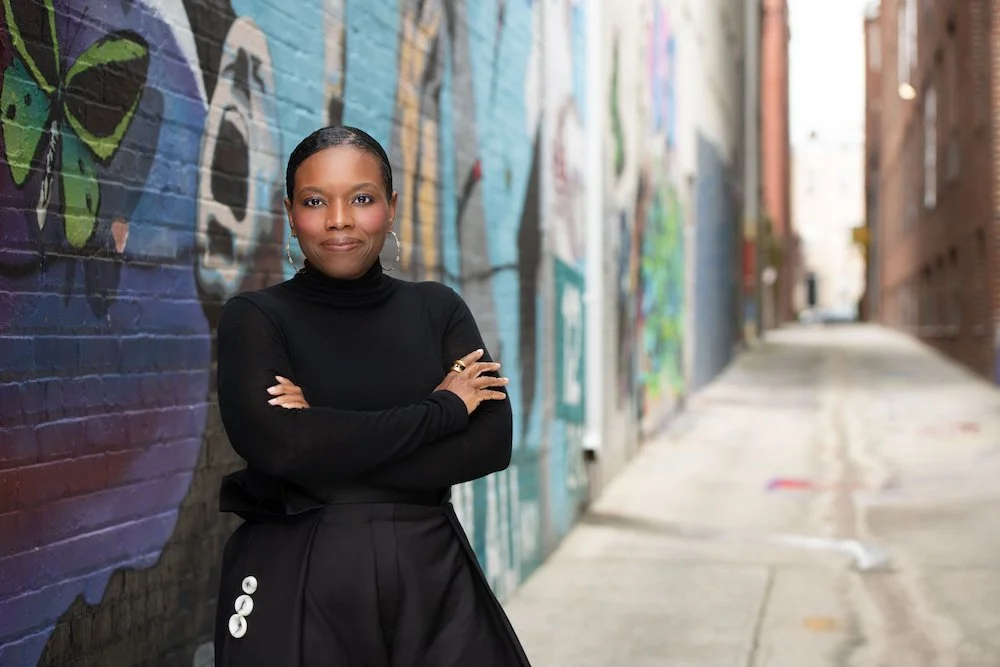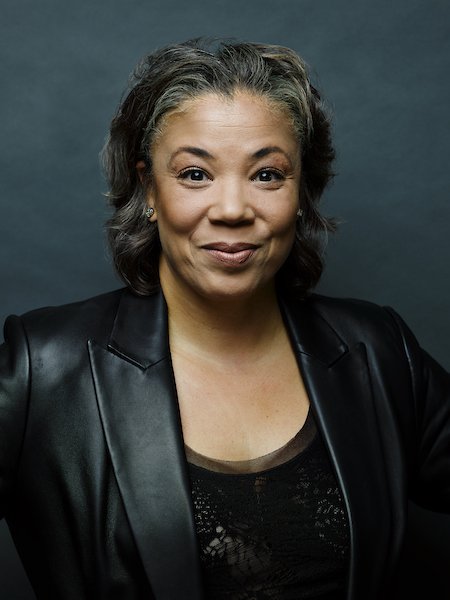Who’s Behind a New Reporting Initiative on Guns in America?
/photo: WKanadpon/shutterstock
It’s one of the nation’s most polarizing issues. At least, that’s the impression conveyed by much media coverage on firearms. Some people are pro-gun, others against. Some support the Second Amendment, others want to abolish it. Some love the NRA, others despise it.
As the Kendeda Fund sees it, though, that kind of binary portrayal only reinforces the political deadlock around guns. Mass shootings come and go, but measurable progress on gun violence prevention remains stalled.
Moving beyond a binary, polarized frame is the prime motivation behind Guns & America, a new national reporting initiative that Kendeda’s funding to the tune of $5.3 million. Beginning this June, those resources will support a two-year collaborative effort at 10 public newsrooms around the country, led by WAMU in Washington, D.C. The program will also back 10 fellows, embedded at each media station, who will take deep dives on the many roles firearms play in this country.
According to David Brotherton, a fund advisor to Kendeda who manages its gun violence prevention grantmaking, Guns & America is based on the belief that there’s room for complexity and nuance around this issue. “There’s a lot of value,” he said, “in trying to illuminate the role that guns play in our lives in this country—not all bad or all good.” He went on, “There is a tradition of gun ownership in this country, but there’s also a need for rationality, boundaries, and common sense.”
Staunch partisans might not want to give the opposition a hearing, but Kendeda’s strategy banks on the public’s receptivity to points of agreement, creative solutions, and models of progress. And they do exist. Despite longstanding policy deadlock on the federal level, gun violence prevention advocates have grown more hopeful about local and community efforts to confront problems like urban street crime, gun deaths related to domestic violence, and the strong linkage between guns and suicide.
Related:
- Progress Is Possible: How These Funders Are Tackling Gun Violence
- Ending the Standoff: Who's Trying To Change the Conversation on Guns?
- Philanthropy vs. Gun Violence: Pay Attention to Chicago
Of course, there’s been a major surge of energy around gun reform in the wake of the Parkland shooting, and the funding community has been alive to that. As Brotherton told us in February, many members of the Fund for a Safer Future (FSF)—the leading donor collaborative around gun violence prevention—are exploring new ways to engage. As more possibilities emerge for real wins on the policy stage, funders will pay attention.
But Guns & America, it’s important to note, has been in the works since long before Parkland—and before many other bloody episodes in recent memory. Brotherton told me, “Too much reporting lunges back and forth based on the latest tragedy. No, the tragedy is happening every single day.”
Several years ago, the Kendeda Fund, which first got into gun violence prevention after the mass shooting at Sandy Hook, adopted a more intentional approach to the issue. In addition to bankrolling FSF, Kendeda wanted to find creative ways to change the narrative on guns through better storytelling and media. That’s an area with which this funder has plenty of experience, especially on the environment and sustainability beat.
One of those reporting projects, Marketplace’s sustainability desk, started its work with a Kendeda grant. As Brotherton tells it, the fund maintained a relationship with JJ Yore, who previously managed the Marketplace project and has since moved on to become general manager at WAMU. From that connection, Guns & America was born.
The Kendeda Fund has supported several single-issue reporting initiatives in the past, including the Marketplace coverage, the environmental journalism site Grist, and film projects at the Sundance Institute. It has also backed The Trace, a nonprofit news website that looks specifically at gun violence. But Guns & America will cover a broader range of firearms topics, including, for instance, the cultural role that hunting and sport shooting plays for many Americans.
During the two-year lead-up to Guns & America, Kendeda urged WAMU to think about this project in an ideologically diverse way. The project’s geography reflects that. In addition to WAMU, media partners include Boise State Public Radio, KERA in Dallas, OPB in Portland, Oregon, WABE in Atlanta, WCPN ideastream in Cleveland, and several others. Kendeda will not play a role in setting the project’s editorial direction; the newsrooms and the fellows will work with WAMU to do so.
Some of Guns & America’s expected 500-plus stories will focus on the scourge of gun violence. Others will portray firearms as legal gun owners use them. The point is to support fact-based reporting centered on people rather than politics or ideology. In the process, a new cadre of reporters—the fellows—will develop deep expertise on the issue that they’ll carry through their careers. Through the project’s duration, WAMU will also curate a central hub to aggregate Guns & America content, and coordinate communication and dialogue between the fellows and newsrooms.
The overall point is that when it comes to gun violence prevention (and guns in general), journalists and the media need to pay attention even when the latest mass shooting fades from the daily news cycle. At the same time, Kendeda, the FSF community, and potentially more funders want to capitalize on the current moment. “In 20 years,” said Brotherton, “we haven’t seen anything even close to what the Parkland movement has brought into this debate in terms of energy, dollars and people power.”
Small donors and celebrity supporters alike have backed the student organizers, and big-time philanthropists like Michael Bloomberg (through Everytown for Gun Safety) and Eli Broad have stepped up. Meanwhile, funders focused on youth organizing have found fertile soil in the Parkland movement on a whole range of issues, including voter engagement. The Funders’ Collaborative on Youth Organizing, whose Pipelines to Power grants we covered earlier this year, has created a new fund to support youth efforts “that employ a racial justice lens and connect gun violence to other forms of systemic injustice.” Kendeda has contributed, along with the Hill-Snowdon Foundation, the Perrin Family Foundation, the Jacob & Valeria Langeloth Foundation, the California Endowment, and the Nellie Mae Education Foundation.
Obviously, this a progressive-oriented space. Guns & America aims to be more politically diverse. But on an issue like gun violence prevention, which many funders want to reframe as a matter of public health, a broader range of accurate information can’t be a bad thing.
Related: Turning Point? Philanthropy vs. Gun Violence After the Parkland Shooting







































